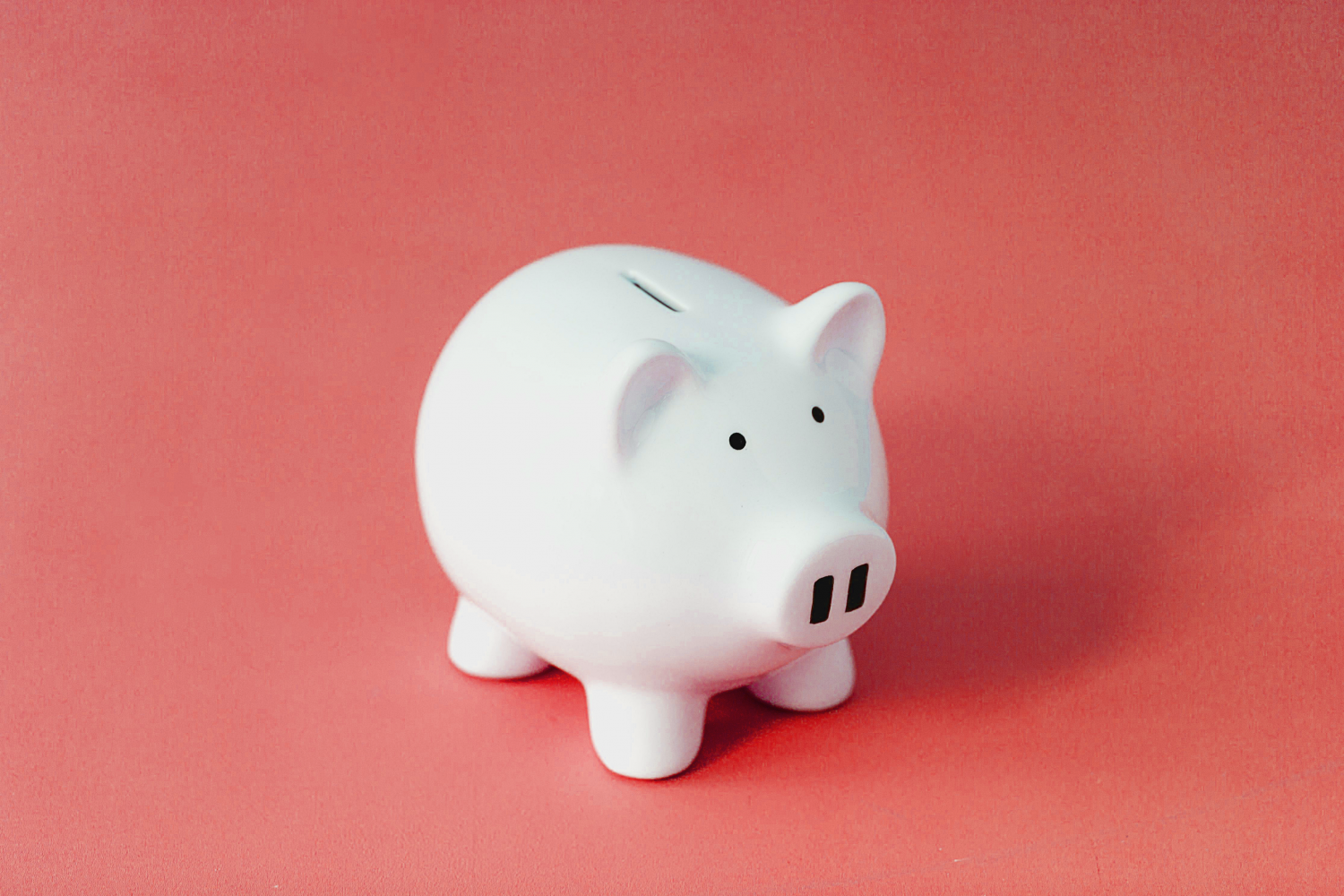Have you thought about using cash receipt accounting for VAT for your business? This is where a business pays tax based on cash payments received rather than on invoices sent and received.
Cash accounting can work well for cash businesses selling to private people. Businesses like restaurants, retail stores and pubs supplying the public may be eligible if they meet the criteria.
Are you eligible for cash accounting?
To be eligible to apply to use cash accounting you must either be a:
- VAT-registered person with a turnover of no more than or is not likely to be more than €2 million in any continuous 12-month period.
- VAT-registered person where 90 percent of the customers supplied are not registered or entitled to claim the full VAT.
You cannot use cash receipts accounting for:
- Transactions between related parties
- Subcontractors supplying construction services to the principal contractor
- Long property leases in place before July 1, 2008.
(source Revenue Ireland)
Applying to use cash accounting
When you apply to register for VAT the first time, you have to tick the method of accounting for VAT on the registration form. Tick the box for cash accounting if you meet the conditions of supply.
If already registered for VAT, apply to your local tax office to change your accounting method. You will need to supply the following information:
- VAT registration number
- What your business does (retail shop, restaurant)
- The percentage of your taxable turnover from sales to unregistered people for:
- The 12 months that ended on the last day of the taxable period before the application, or
- From when the business began trading to the last day of the taxable period before the application.
- An estimated percentage of your taxable turnover from sales to unregistered people for the tax period the application applies to
- Your current annual turnover if it is under €2 million.
When you receive authorisation, it applies from the start of the tax period unless otherwise specified.
(source Revenue Ireland)
Keep in mind
Keep the following things in mind when using cash receipt accounting:
- You cannot use it for transactions between related parties. You must always invoice these sales.
- Contact Revenue if your business will turnover more €2 million in any continuous 12-month taxable period. You need to cancel the cash accounting authorisation.
- Notify Revenue if your taxable turnover from sales to unregistered people drops below 90 percent for more than 4 months in a row.
Cash payment benefits
Cash receipt accounting for VAT frees up cash flow. You do not have to pay VAT until the business receives payment. This means you do not have to carry the VAT portion of your debtors until they pay. Also, you do not have to pay VAT on bad debts.
The VAT rate can change. You only pay the VAT rate payable at the time of the sale and not when you receive payment if the rate changes in that time.
Keeping records
You must still keep records. And, the same requirements apply to invoices even when using the cash accounting method.
How do you track your sales and supplier invoices? By hand using a cashbook or online using software that makes tracking VAT payments and invoices simple? Is it time to review the way you deal with accounting for VAT?
Make sure you choose the best method for VAT accounting for your business. You can change your method of accounting, but you need to apply to the tax office for authorisation.
N.B. Not all Accounting Software caters for Vat on a cash receipts basis, so be careful to select the right package.




